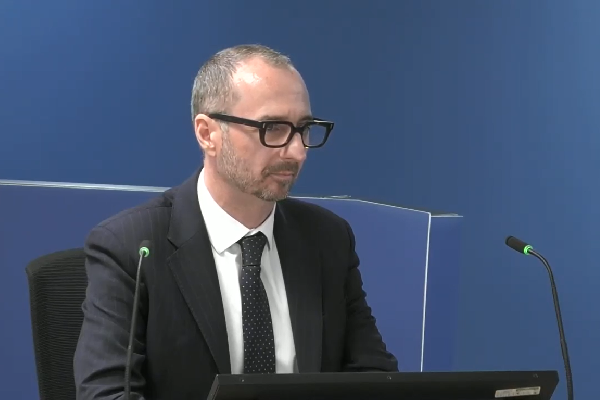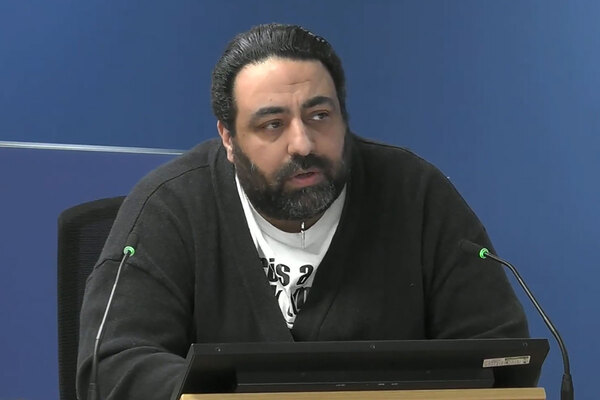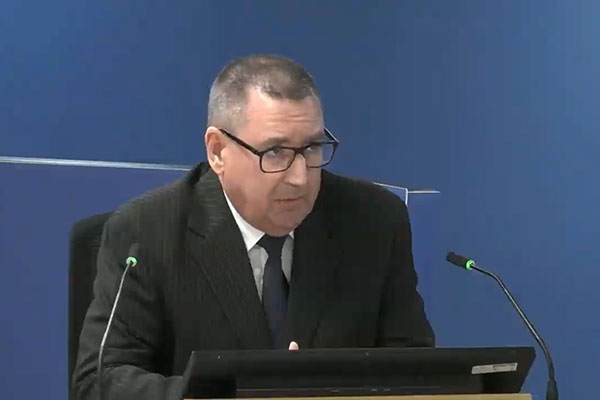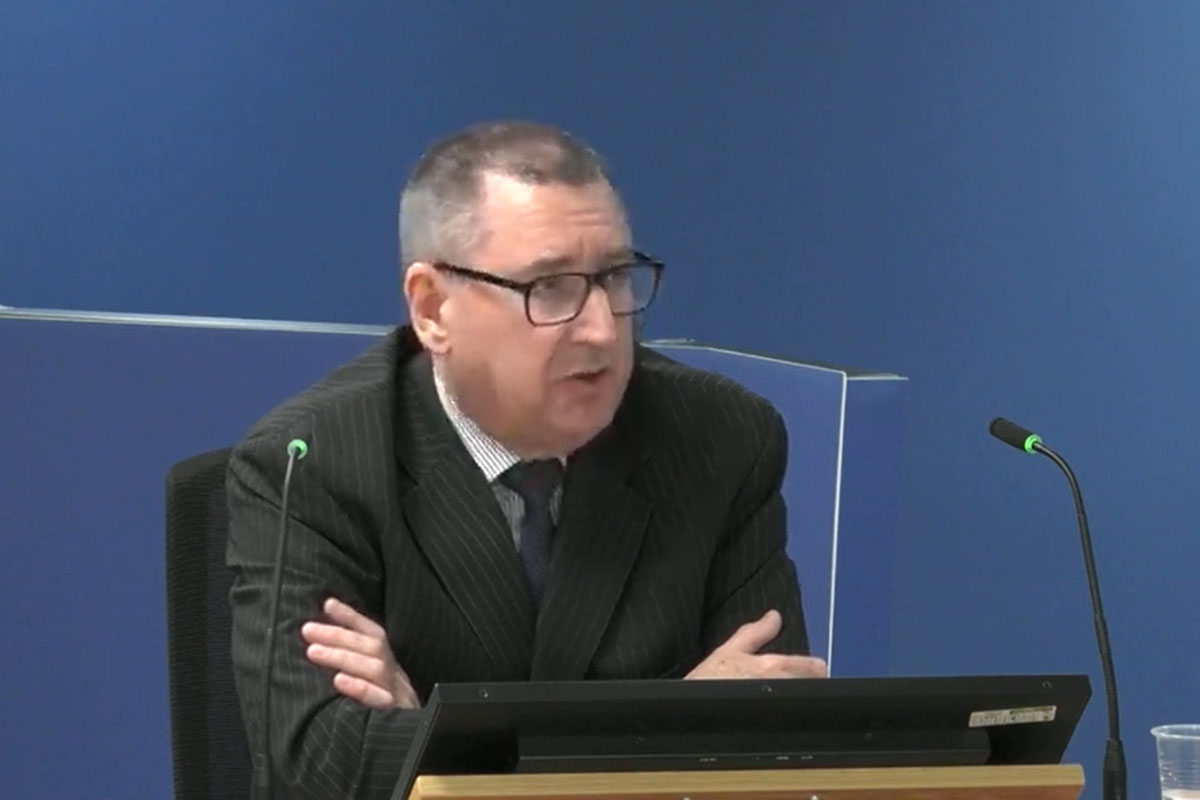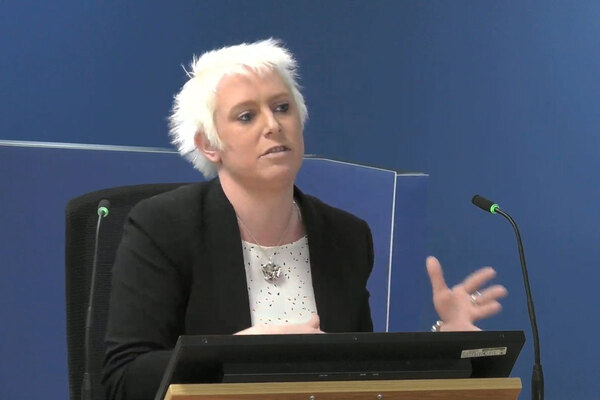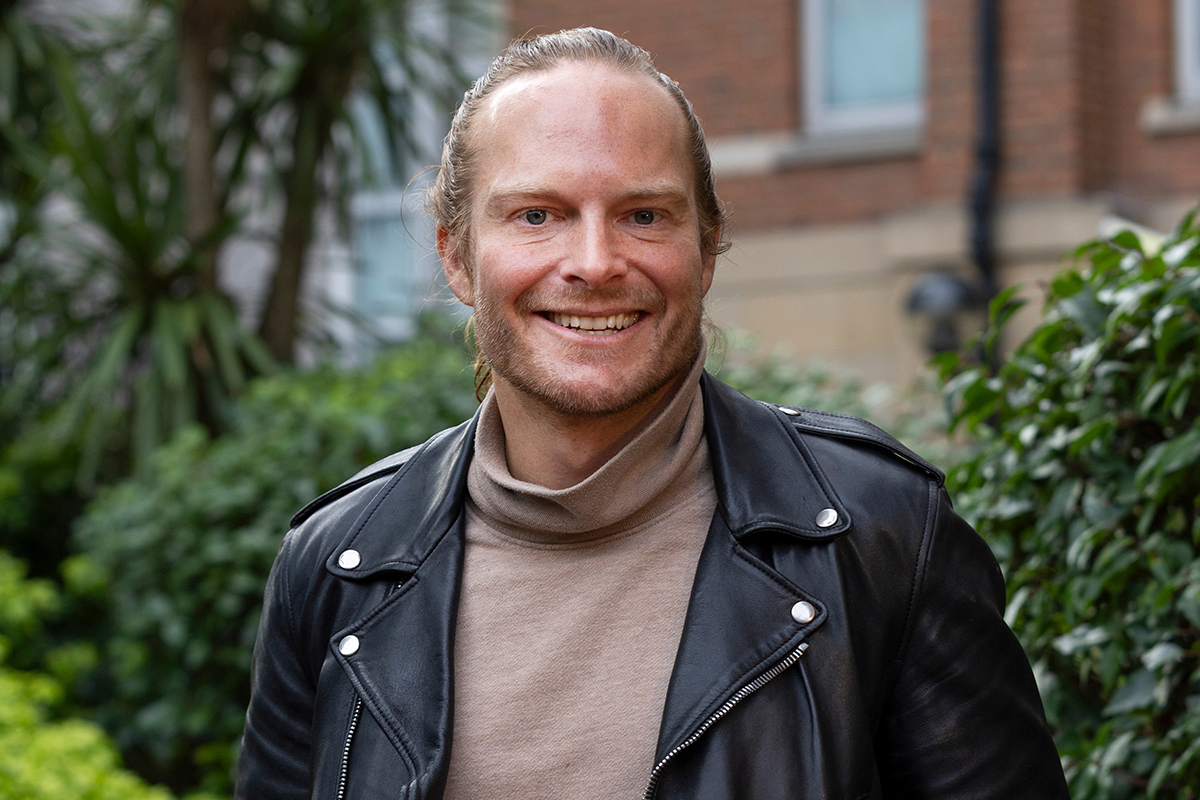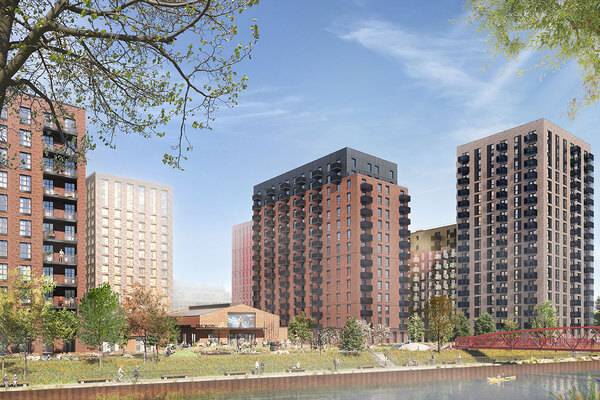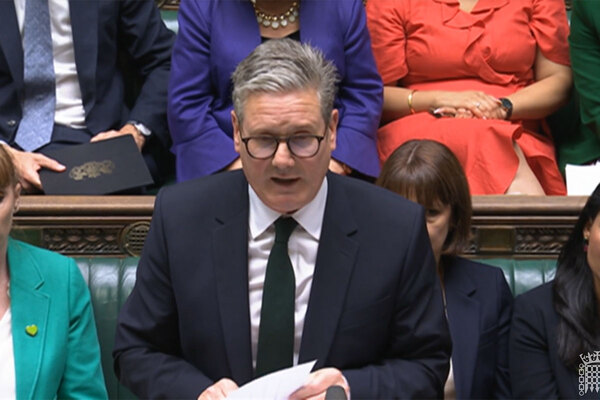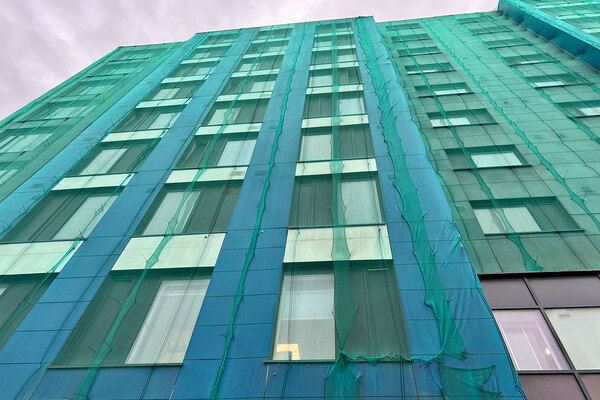Documents detailing residents who fled Grenfell left ‘lying around’ amid ‘unacceptable’ failure by RBKC, inquiry hears
Boxes of documents containing details of those who had fled Grenfell Tower were left “lying around” emergency relief centres, amid the council’s “unacceptable” failure to record who had been affected by the fire, the inquiry heard today.
Stuart Priestley, who had been chief community safety officer at the Royal Borough of Kensington and Chelsea since November 2014, gave evidence to the inquiry about the chaotic aftermath of the blaze today.
He took on the role of ‘council silver’ on the morning of June 14 2017, as the council attempted to respond to the devastating fire which had struck the block overnight.
But he said he “could not recall” being made aware of major difficulties in registering the details of those affected who arrived at makeshift ‘rest centres’ after fleeing the tower.
The inquiry heard evidence from a British Red Cross worker present who said there was no “centralised system” for doing so and the council made “no effort” to collate the data being collected.
The inquiry also heard that Mr Priestley believed the council should have escalated control of the incident to a London-wide group 24 hours after the fire - but did not say this to chief executive Nicholas Holgate because it was not his “place to say to the chief executive that he should change his tactics”.
The inquiry has previously heard that Mr Holgate resisted handing over command until June 16, out of fear that doing so would “look like we can’t cope”.
This module of the inquiry, which is examining the immediate aftermath of the blaze, has previously heard that residents who had fled the tower struggled to access support or information from the council which was “invisible” in the immediate aftermath of the fire.
Mr Priestley was shown a statement from Colin Brown, a British Red Cross (BRC) worker, who said they had been asked to record the details of those present at a rest centre on triple carbon paper, with one copy retained and the other two provided to RBKC.
Mr Brown said there was no “centralised system” to register those present and said he felt RBKC “was not discharging their responsibility” to record the details of those affected.
“A BRC volunteer found a box containing a number of the second and third copies of the registration forms which had been filled in by the BRC and provided to RBKC left lying around the Westway [the leisure centre which became the main rest centre],” he said. “It appeared no efforts had been made by RBKC to collate the data in any sensible manner.”
Mr Priestley said he had “no memory” of being made aware of this issue.
“Do you accept that this is an unacceptable state of affairs in relation to registering those who are affected by the fire?” asked counsel to the inquiry Dermot Keating.
“Yes I do,” said Mr Priestley.
Mr Priestley said he had attended two training sessions in June 2015 to prepare him for the role of ‘council silver’ in a major incident and said he believed this training was “sufficient”.
However, he had no background or experience in disaster management and said he was not “comfortable” carrying out the role. “I was inexperienced. That was the first incident I’ve ever been involved in,” he said.
He was woken up at 3.30am on the morning of the fire when he was phoned by a colleague and sent an email containing images of the tower on fire.
He explained that when he arrived at the Town Hall, just over an hour later, he was unable to set up the council’s emergency command system because the key to the cupboards where the necessary computers and documents were stored was missing.
He therefore had to email a colleague to attend with a spare key - which meant the facilities could not be accessed until closer to 6am.
“Just out of interest, was the key ever located?” asked Sir Martin Moore-Bick, inquiry chair.
“Not to my knowledge,” replied Mr Priestley.
At 6.30am, he attended a meeting with Mr Holgate and other senior figures where this meeting, David Carey, the council’s contingency planning manager, advised that “this incident is bigger than any one local authority in London can manage” and that formal arrangements for support from other London boroughs should be activated.
However, a log of the meeting produced by Mr Priestley a few days after the meeting records Mr Holgate responding by saying “that looks like we can’t cope” and the “conversation about mutual aid at that point ceased”.
Mr Priestley said Mr Holgate did emphasise at this meeting that the council could seek support from neighbouring boroughs, if it was required, without invoking the formal mutual aid provisions.
“Was it the position actually that there was a concern at the most senior level of RBKC that to seek outside help at that stage would look like a sign of weakness or inability to cope?” asked Mr Keating.
“I don’t know the answer to that question. Because all that was said was that one sentence,” replied Mr Priestley.
He said he came to the view that RBKC should have escalated the issue to London by the next day, when the scale of the disaster sunk in on him. But the council did not ultimately hand over control for a further 36 hours.
“I didn’t feel experienced enough to raise it,” he said when asked why he had not advised Mr Holgate to escalate control. “This is my first incident. I’m inexperienced within this world. I didn’t feel that I had the mandate or the place to say to the chief executive that he should change his tactics.”
The inquiry saw that Mr Priestley received an email from an officer at Southwark Council, which said he had experience of dealing with the aftermath of the 2009 Lakanal House fire and offered his help.
But Mr Priestley did not respond to the email for three days - by which point RBKC had formally requested external help from the wider London group.
“This was an offer from somebody who had expertise in the area, probably you can accept it would have been helpful, potentially to have that expertise and assistance, is that correct?” asked Mr Keating.
“Yes, I believe so,” said Mr Priestley. He said he did not see the email at the time it was sent.
The inquiry also heard that for the first hours after the fire, the council only had two ‘local authority liaison officers’ at the site of the fire, and did not deploy further officers until a meeting later in the morning.
“Do you accept that deployment of staff to the rest centres should have been done far earlier?” asked Mr Keating.
“Yes,” said Mr Priestley, saying it should have been done at the 6.30am meeting. He later added that the council “probably weren’t there early enough” and “struggled to catch up” as a result.
“What steps… were taken to support to communicate with those whose English was not the first language?” asked Mr Keating.
“I can’t recall any steps being taken. That’s not to say there weren’t steps taken but I just can’t recall,” replied Mr Priestley.
The inquiry also heard that residents from the blocks surrounding the tower were sent back to their homes on 15 June - a day after the fire - despite having no heating or hot water due to the damage to the communal boiler inside the tower.
It heard this decision was taken by RBKC’s gold group, despite concerns being expressed by the Kensington and Chelsea Tenant Management Organisation (KCTMO), which managed the properties in the borough.
At the end of his evidence Mr Priestley said he had devoted “his entire career” to “serving the people of Kensington and Chelsea”.
“It continues to be an honour and a privilege to do so,” he said. “I’d like to apologise for my failings and say how deeply and profoundly sorry I am.”
In the afternoon session, an officer in the RBKC’s contingency planning unit became upset as she recalled the moment she was first informed of the Grenfell Tower fire by her manager.
Ms Blackburn found out at 5.20am on the day of the fire after her manager called and told her “there’s a fire in a tower block, it’s really bad”. He told her some people might have been injured or died, and that a rest centre had been opened, but “don’t rush in, come in at 8am”.
Her manager signed off with: “By the way, it’s all over the news.” She did not think he realised the scale of the incident at this point.
“I knew we were in trouble”, she told the inquiry as soon as she saw the live images of the tragedy on the TV.
Her damning assessment of the initial response was that because her superiors did not realise the scale “they didn’t deal with it early enough” and as a result “the incident was lost in the first three hours”.
Ms Blackburn studied disaster management at the University of Coventry. She joined the council as an assistant contingency planner in 2010 before being promoted to contingency officer, a role she maintained until she left her position in September 2017.
Ms Blackburn reported into the council’s head emergency planner between 2015 and 2019, David Kerry, who had given evidence to the inquiry earlier this week over the course of two days.
In her evidence this afternoon, Ms Blackburn painted a picture of a team that had no visibility within the council, insufficient training and capacity, and “clear activation protocol not followed”.
Contrary to Mr Priestley’s evidence earlier in the day that he thought the two training sessions he attended in June 2015 as being “sufficient”, Ms Blackburn said: “In my view, the borough’s plans had not been properly tested. We did not undertake sufficient large scale emergency simulations.”
Asked by counsel to the inquiry Dermot Keating if a lack of training and testing affected the council’s response to the fire, Ms Blakburn said: “Absolutely. People were not 100% aware of what they were doing.”
She said the council was reliant on the BRC for its emergency planning. The inquiry had previously heard how the charity had repeatedly asked for help on the morning of the fire but RBKC did not deploy staff to rest centres until about 10am.
Part of Ms Blackburn’s evidence also focused on the preparedness of the council’s Borough Emergency Control Centre (BECC) which helps coordinate and manage the response to a major emergency.
The BECC is staffed by council employees who are volunteers, called incident response officers.
Ms Blackburn said she had devised and delivered some new training modules for BECC officers but it had been paused to wait for BECC standardisation. She explained how there was some push back from colleagues who did not want to take part in an emergency exercise because they hadn’t been fully trained.
She added: “I think from their point of view, even though we’re not testing them, we’re testing our procedures, it could be that we’re setting them up for a fall. Which obviously was never the point because it’s our procedures that we need to test."
The inquiry heard that the last training the officer received was in October 2015. In response to earlier evidence which asserted that a training analysis was being done in 2016, Ms Blackburn said “that’s just words on a piece of paper”.
In the initial response to the fire, Ms Blackburn said she asked Mr Holgate and another colleague about “pressing the button” on BECC after a meeting on 15 June which would have activated emergency response teams from across London and significantly increased the immediate effectiveness of the council’s response.
“But they said no, we don’t think we’re there yet,” she said. “They thought they were coping."
Ms Blackburn said it “blew her mind” that people in the council were shocked they couldn’t cope as Mr Kerry wasn’t even following the correct procedures for responding to emergency procedures he had written.
The inquiry continues.
Sign up for our weekly Grenfell Inquiry newsletter
Each week we send out a newsletter rounding up the key news from the Grenfell Inquiry, along with the headlines from the week
Already have an account? Click here to manage your newsletters
